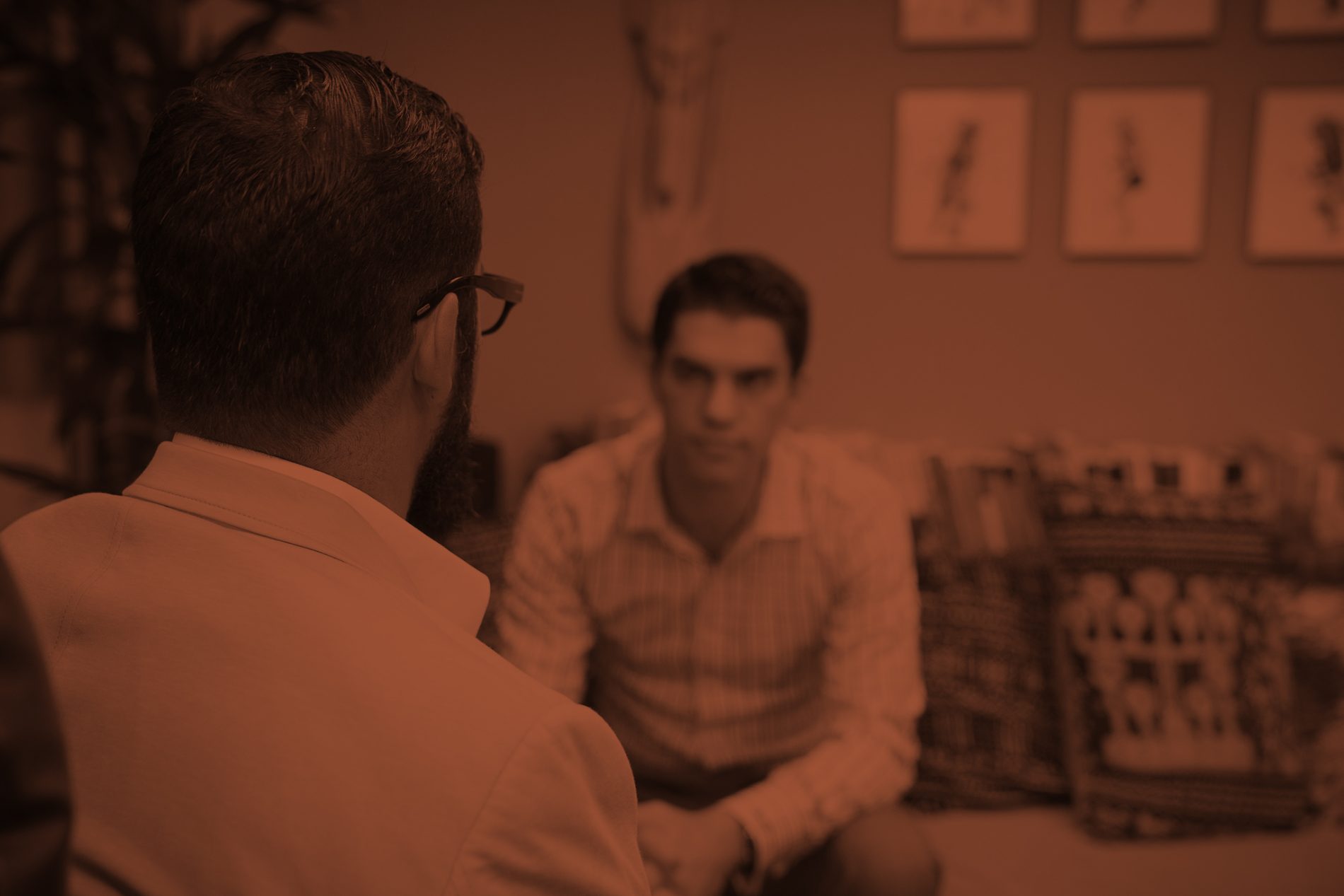Being and Acting with Authenticity: What’s the Difference?
There are two ways I look at authenticity. I look at general authenticity as a state of being. I want to be an authentic person when I wake up every day in my life as a ground and as a foundation.
So, that is one journey of authenticity.
Then there is, “How am I authentic in the interpersonal realm?” Meaning how am I truthful or expressing honestly where I am interpersonally?
And so, let us start with the second, because I think it is more complex.
I do not walk around with a great concern for being authentic in many areas of my life. So for instance, when I am getting in the elevator to go to work–to go up to my office–and somebody else is in that elevator. I do not go, ‘Oh my God. Am I being authentic when I say hello? Do I mean it when I say have a great day?’
That is called decorum. Those are little social games that we play. It is not necessarily wise to always be authentic there.
You do not have enough time to be that authentic at every relationship that you have. In that sense, I am not interested in being authentic in a lot of interactions in my life.
But, with my wife, children, friends, coworkers, and, often with my clients–if I am an artist–I want to find some authenticity.
As I am speaking here with you, I am hoping to be touching upon something authentic inside of myself while I am doing that. So in that sense, there are a couple of things that I need to be able to embody.
One of them has to do with clarity. Do I know who I am and what is happening with me? Am I aware of that? Because if I am not aware, how can I be authentic? I know who I want to be or who I don’t want to be.
I want to be compassionate, kind, caring, thoughtful, strong. I mean, I have these descriptors. The idea of the person I want to be that I am shooting for–and I aim towards that in my being, right? And am I authentically moving towards that ideal in my interpersonal interactions?
That, for me, is probably one of the most important parts of being authentic. My friends and the people I want to be around have some ideal of authenticity that they are shooting for, and, obviously, that ideal also has its own particular, cultural, and individual dimensions to it. So, my authenticity, although we might share the idea of wanting to be compassionate, kind, strong, loving, etc., also might be:
- I like to play and have fun
- I would like to talk shit
- I like jokes
- I am very musical
- I like to walk a certain way and that is my spirit
There is my spirit of authenticity
Then there is the platonic ideal of what I am shooting for in my interactions. The other category which we talked about first–which is my general desire to be an authentic person. And I really just think about that as feeling whole and complete. Intact and having a core self.
Then, obviously, being that core self in the world.
Schedule a 30-min consultation with Yeshaia
Schedule Free ConsultationSchedule Free Consultation
